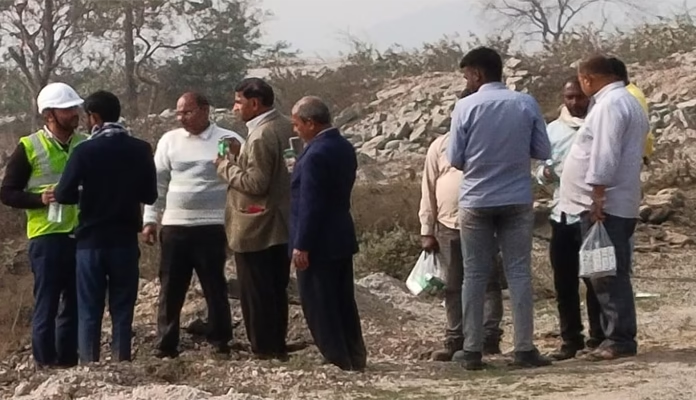
Guwahati / New Delhi: Assam Chief Minister Himanta Biswa Sarma has issued a sharp warning to Bangladesh, cautioning that any provocation over India’s Siliguri Corridor, often referred to as the Chicken’s Neck, could prompt retaliation targeting Bangladesh’s own narrow land corridors.
Sarma’s comments follow growing tensions between New Delhi and Dhaka’s interim government led by Muhammad Yunus, which recently claimed that India’s Northeast is “landlocked” and dependent on Bangladesh for access — a statement India has strongly refuted.
Speaking to reporters, Sarma stated, “If Bangladesh targets our Chicken’s Neck, we have the capability to respond by cutting off their two Chicken Necks. One of them, near Meghalaya and linking to Chittagong Port, is even more vulnerable.”
The Siliguri Corridor is a strategic 22-km-wide strip that connects mainland India to its northeastern states. Concerns escalated after reports emerged of Chinese assistance to Bangladesh in reviving the Lalmonirhat airbase, just 100 km from the corridor. Indian security analysts warn this could boost Beijing’s surveillance in the region.
Geostrategist Brahma Chellaney noted that an operational Lalmonirhat base would enhance Chinese monitoring of Indian military infrastructure, particularly in sensitive zones like the Siliguri Corridor.
Sarma pointed to two key Bangladeshi corridors:
- The Chittagong Corridor, a roughly 30 km stretch linking the mainland to its key port city, responsible for 90% of Bangladesh’s trade.
- The Meghalaya-Rangpur Corridor, a narrow 90 km stretch between South West Garo Hills (Meghalaya) and South Dinajpur (West Bengal), cutting through Bangladesh’s Rangpur division.
Sarma warned that either could be easily disrupted, adding, “Their corridor near Meghalaya is so narrow, it could be blocked with a ring.”
The statement comes amid rising strategic competition in South Asia and growing concerns over China’s regional footprint, particularly through alliances and infrastructure investments in countries like Bangladesh.




